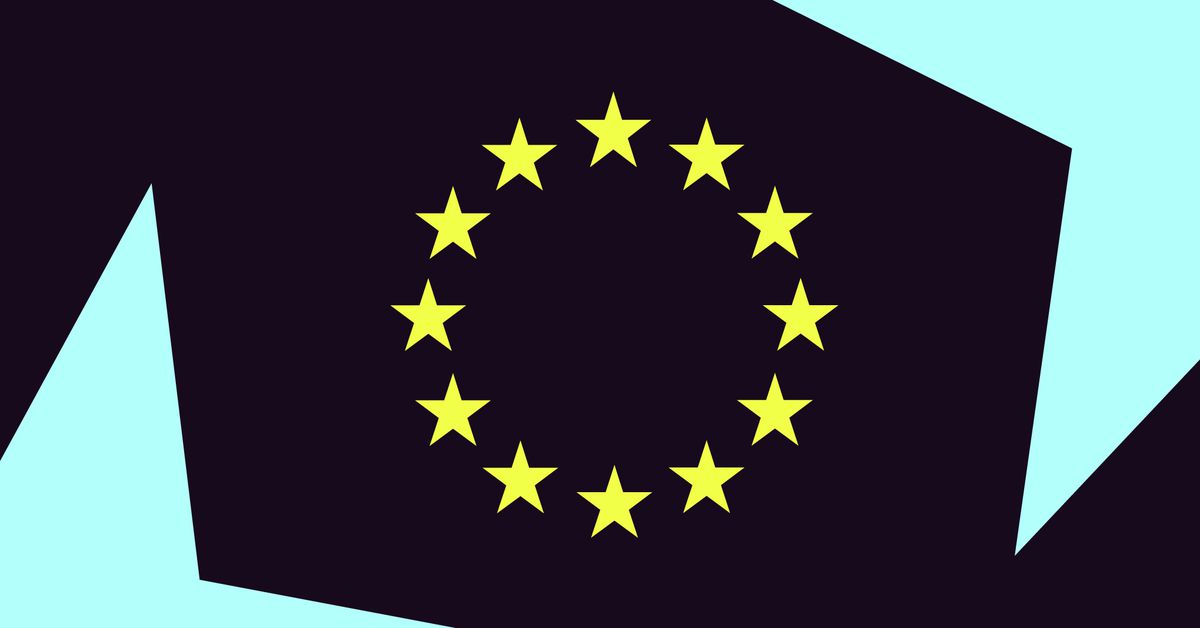The EU’s Consumer Protection Cooperation (CPC) regulators, who began their investigation after complaints from consumer watchdog groups, claim the company uses confusing language to explain how both the paid and “free” versions of Facebook and Instagram work and that its rollout pressured people to make a choice without enough time to consider how it would affect them. They also say that calling the ad-free versions of Facebook and Instagram “free” is misleading since it still requires users to consent to the use of their data for targeted ads.
Didier Reynders, EU Commissioner for Justice, says customers shouldn’t be “lured into” thinking they won’t see ads if they pay the subscription, or that it’s free despite the company profiting from their personal data. Companies must be transparent upfront about how they use user data, he added.
“Subscriptions as an alternative to advertising are a well-established business model across many industries,” Meta spokesperson Matt Pollard told The Verge in an email, “Subscription for no ads follows the direction of the highest court in Europe and we are confident it complies with European regulation.”



This is the best summary I could come up with:
The European Union says it has notified Meta that its “pay or consent” model for Facebook and Instagram might violate consumer protection laws.
The EU’s Consumer Protection Cooperation (CPC) Network says the company has until September 1st, 2024, to propose changes to its model, which it calls “misleading” and “confusing” for users, or face potential fines.
CPC regulators, who began their investigation after complaints from consumer watchdog groups, claim the company uses confusing language to explain how both the paid and “free” versions of Facebook and Instagram work and that its rollout pressured people to make a choice without enough time to consider how it would affect them.
They also say that calling the ad-free versions of Facebook and Instagram “free” is misleading since it still requires users to consent to the use of their data for targeted ads.
Didier Reynders, EU Commissioner for Justice, says customers shouldn’t be “lured into” thinking they won’t see ads if they pay the subscription, or that it’s free despite the company profiting from their personal data.
“Subscriptions as an alternative to advertising are a well-established business model across many industries,” Meta spokesperson Matt Pollard told The Verge in an email, “Subscription for no ads follows the direction of the highest court in Europe and we are confident it complies with European regulation.”
The original article contains 348 words, the summary contains 219 words. Saved 37%. I’m a bot and I’m open source!